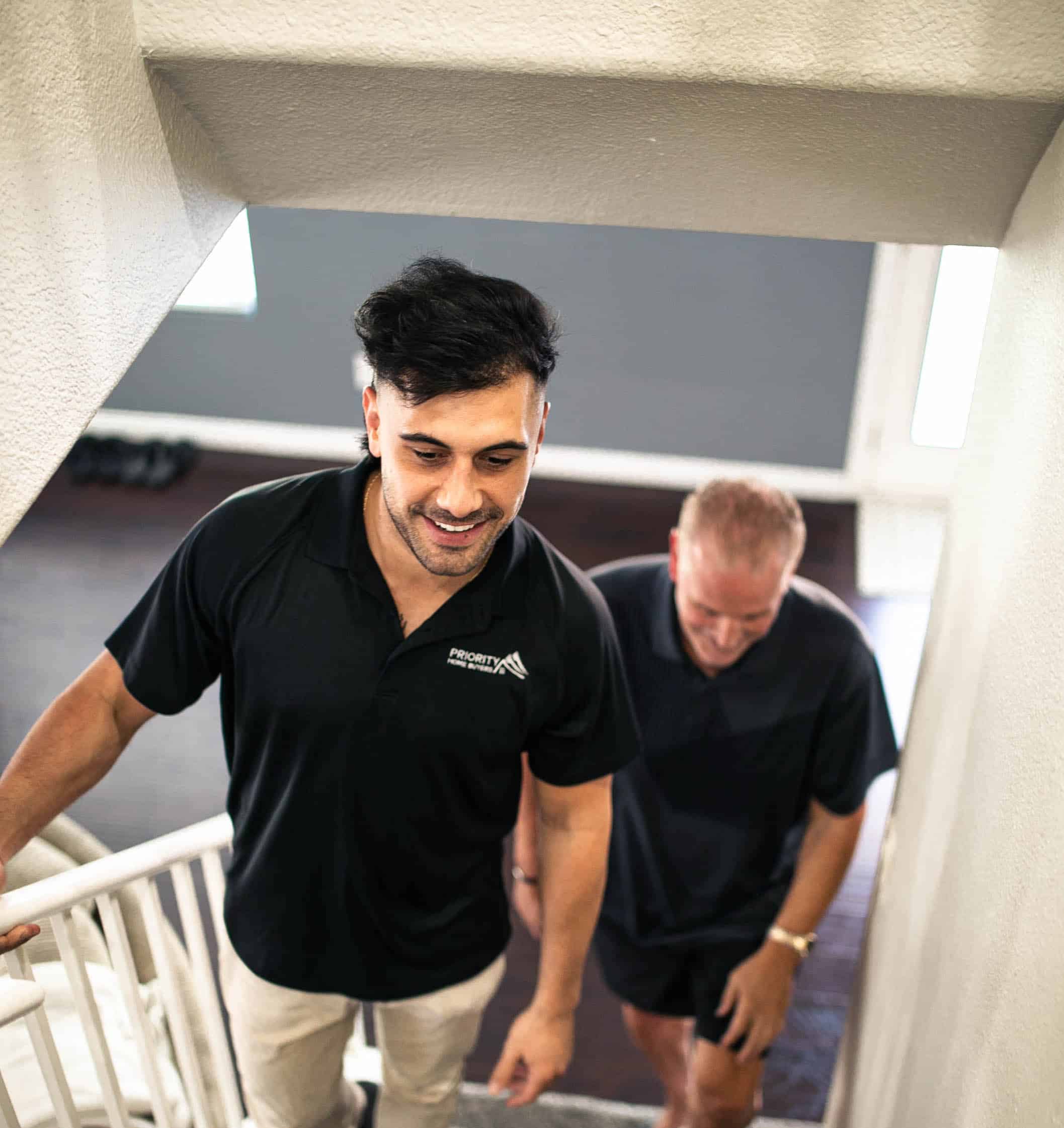Squatter’s Rights: Adverse Possession in Alaska
In Alaska, individuals who have resided continuously on a property for seven years or ten years under the condition of good faith ownership, can assert an adverse possession claim.
If you are a property owner in Alaska, it’s crucial to understand how to safeguard your property against squatters to avoid potentially relinquishing your legal ownership claim.
Alaska provides certain legal protections for squatters, with the intention of allowing abandoned land to be utilized for a beneficial purpose.
Learn more about Squatting in the US here.
Who Qualifies as a Squatter in Alaska?
These are folks who decide to live in a place like a house or land that’s empty, abandoned, or taken back by the bank without asking the real owner for permission.
The government in the United States made rules to tell the difference between squatting and trespassing. Each state, including Alaska, has its own rules about when squatters can claim they legally own a place after some time has passed.
Understanding Squatting Compared to Trespassing and Staying Too Long as a Tenant
Squatting vs. Trespassing: Squatting isn’t the same as trespassing, and sometimes, it’s allowed. The main

differences are about whether someone lives in the place and if they’ve been told they’re not wanted there. This notice can be given by talking to them, writing it down, or using signs.
- Trespassing: If someone moves into your place without your say-so while you’re around, it’s trespassing. The same goes if you leave your home in Alaska for a long two-year vacation, and someone moves in without asking.
- Squatting in Alaska: However, in Alaska, if a property is deserted, and the squatter doesn’t know they’re not welcome or wasn’t told clearly, they might be allowed to stay there legally and maybe even say they own it.
Holdover Tenancy: This is when a tenant stays in a place after their lease (rental agreement) has ended. If the landlord has made it clear that they’re not wanted, and the tenant still sticks around, that’s trespassing. But if the tenant keeps paying rent and the landlord takes the money, they become tenants who can stay as long as they want.
Adverse Possession
Squatters’ Property Rights: Sometimes, people who aren’t exactly trespassing can claim ownership of a place through a thing called “adverse possession.” Even if the real owner still has legal rights, squatters might be able to say they own it.
Qualifying in Alaska: To pull this off in Alaska, a squatter needs to show they’ve lived on the property without a break for seven years. If they thought the place was theirs (even if they were wrong) and lived there for ten years without a break, that works too.
Five Key Rules: There are five basic rules for this, and they’re kind of the same all over the United States, but each place might have its own twists.
- Hostile Possession: This doesn’t mean they’re mean. It just means they didn’t ask for permission, even if
 the owner didn’t know they were there.
the owner didn’t know they were there. - Active Possession: They have to really live there and act like they own it – fixing stuff, keeping up the yard, and so on.
- Open and Notorious: Everyone should be able to see they’re living there. If the owner comes snooping, it should be clear someone’s taken up residence.
- Exclusive Possession: Only one person can claim this property. A whole group can’t do it together, and they can’t just keep switching out.
- Continuous Possession: No breaks allowed. If they leave for a while, the clock starts over when they come back.
Recognizing “Color of Title” Claims in Alaska
Alaska’s Flexible Rules: Alaska is okay with recognizing different ways to claim property, even if it’s not the usual way. This is called a “color of title” claim. If a squatter can prove they met the rules we talked about earlier, Alaska might say they really own the place.
Keeping Squatters Away from Your Property
Protecting Your Place: If you’re worried about squatters on your land, you can do some things to stop them:
- Check Your Property Regularly: Keep an eye on your place or ask someone you trust to do it for you, so you can spot squatters early.
- Beef Up Security: Make it harder for anyone to sneak in by adding strong locks, alarms, and security cameras.
- Use “No Trespassing” Signs: If you’ll be gone a while, put up signs saying that trespassers aren’t welcome.
- Pay Your Property Taxes: While it’s not always needed to stop adverse possession in Alaska, paying your property taxes regularly can show you still own the place.
Getting Squatters Off Your Property
If you need to kick squatters off your land, make sure you follow the law. Start by giving them a written notice to leave. If they won’t go, you can think about offering them a rental deal, calling the police, or even taking them to court with an “unlawful detainer” lawsuit to make them leave.
Frequently Asked Questions

Do Squatters Need to Pay Property Taxes in Alaska?
No Proof Needed: Unlike some states where squatters have to show they’ve paid property taxes to claim ownership, Alaska doesn’t ask for this. But here’s the twist: if a squatter can prove they’ve been paying property taxes consistently while they lived there, it can really help their case. There’s this court case called “Alaska National Bank v. Linck” that shows this.
Boosting Their Claim: Paying property taxes for ten years straight is even better. That’s what the law (AL Statute 09.10.030) says.
How Long Can Squatters Stay in Alaska?
Pretty Much Forever: Well, in theory, squatters can stay on a property forever if they have a valid “color of title” claim.




